China Creating AI Scientists In Hopes Of Solving Incredible Experiments
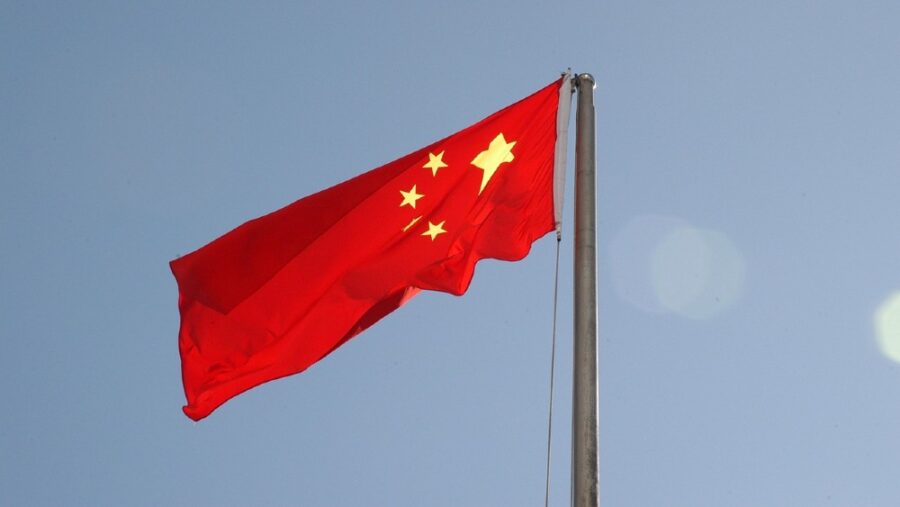
Researchers in China have developed a framework for teaching machine learning models that could lead to the creation of “real AI scientists.” The initiative, led by scientists from Peking University and the Eastern Institute of Technology, aims to enhance the capabilities of artificial intelligence by incorporating prior knowledge, like the laws of physics and mathematics, into deep learning models.
Revolutionizing Scientific Research
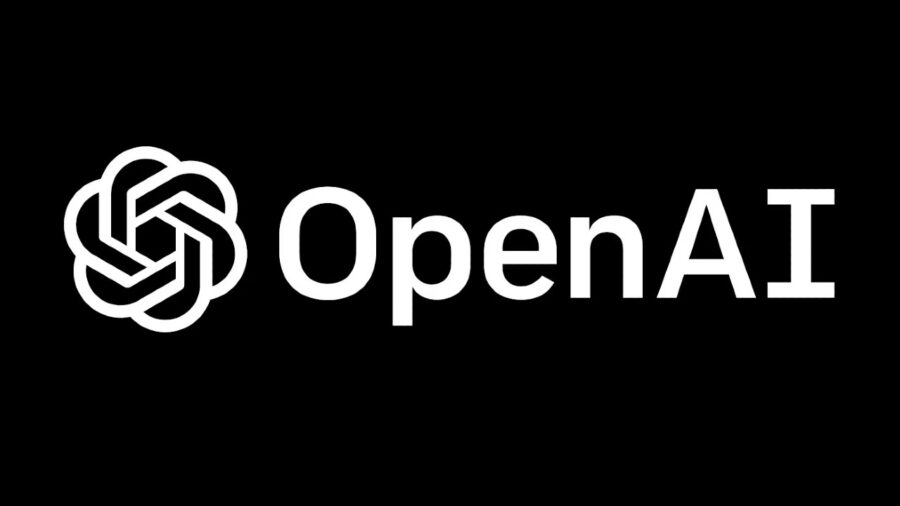
The potential of deep learning models was published in the peer-reviewed Cell Press journal Nexus.
The paper emphasized how these models have revolutionized scientific research by uncovering intricate relationships within vast datasets. The text-to-video model Sora, developed by OpenAI, was cited as an example of the transformative power of deep learning models.
AI Needs Fundamental Understanding
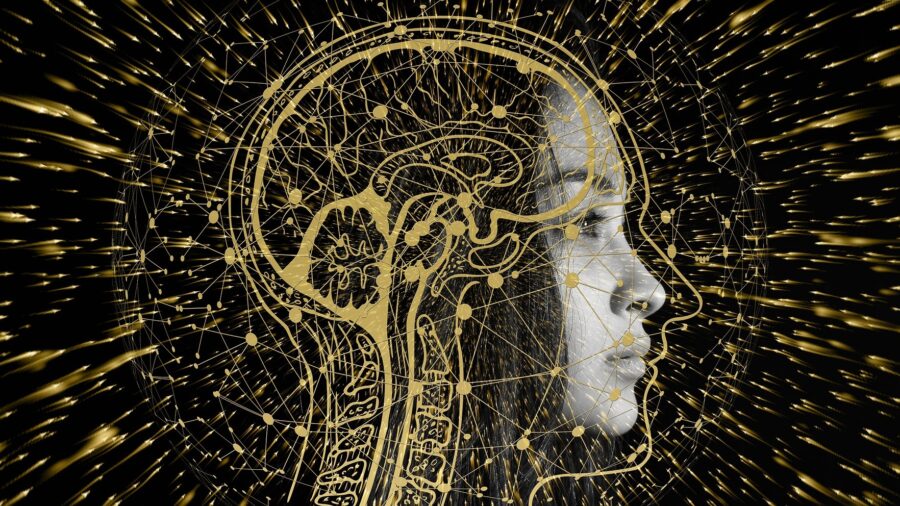
But Sora has limitations in accurately modeling certain real-world interactions (like glass shattering) due to a lack of understanding of physical laws like gravity.
According to researchers in China, namely study author and professor at the Eastern Institute of Technology Chen Yuntian, these shortcomings highlight the importance of instilling a fundamental understanding of the world into AI models.
What Knowlege To Use?
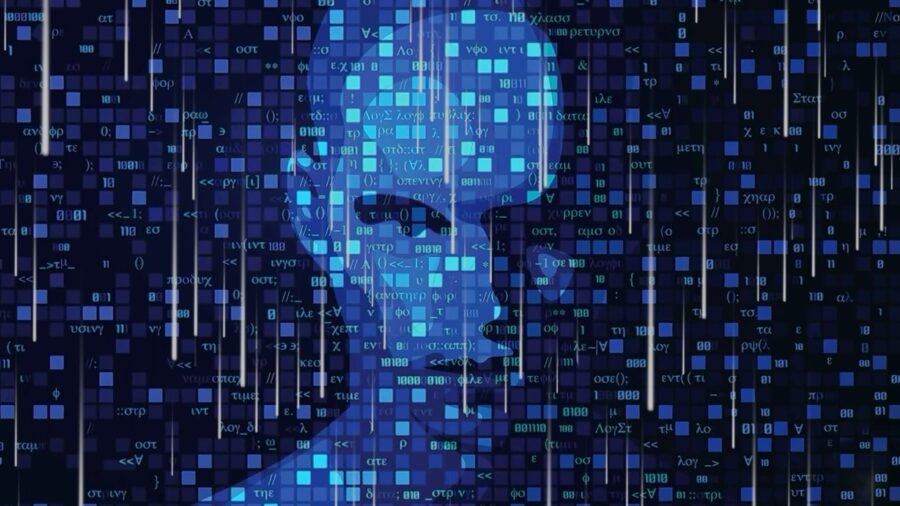
Traditional deep-learning models rely solely on data for training. As such, the research team in China proposes a paradigm shift, advocating for the incorporation of prior knowledge alongside data to create “informed machine learning” AI models.
However, the challenge lies in determining what specific knowledge to include, as overloading the models with too much information can lead to their collapse.
To address this somewhat difficult challenge, the team of researchers devised a framework that assesses the value of rules and identifies combinations that result in the most predictive models. This framework calculates “rule importance,” evaluating how specific rules or combinations affect predictive accuracy in artificial intelligence.
Human Knowledge Into AI Models

Xu Hao, author and researcher at Peking University in China, said embedding human knowledge into AI models has the potential to enhance efficiency and inference capabilities. “Our framework can be employed to evaluate different knowledge and rules to enhance the predictive capability of deep learning models,” he explained.
The team tested their framework by optimizing a model for solving multivariate equations and predicting the outcomes of a chemistry experiment. In the short term, the researchers in China believe this framework will be most beneficial in scientific AI models where consistency with physics rules is critical.
Closed AI Loop
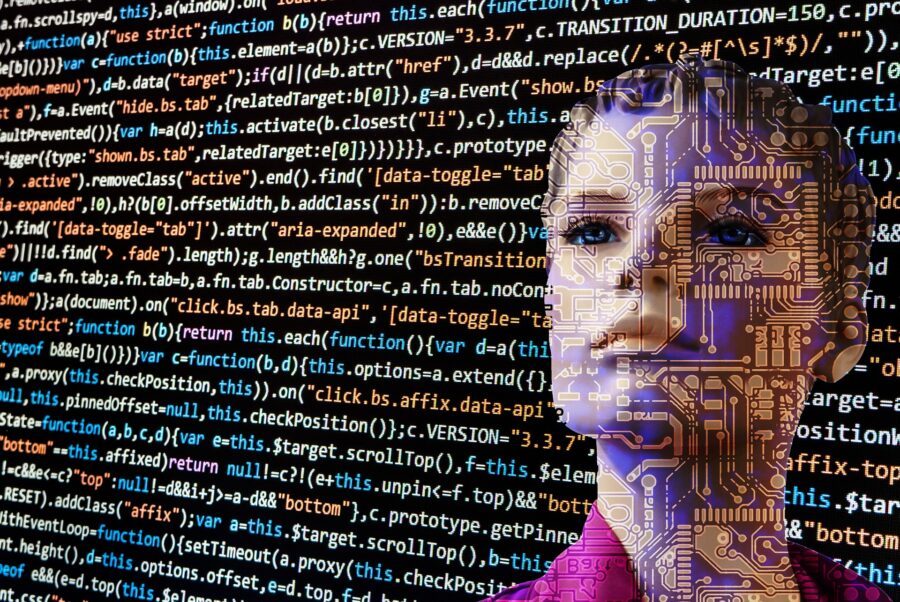
Looking ahead, the team in China aspires to enable AI models to identify their own knowledge and rules directly from data without human intervention.
Their vision is to create a closed loop, transforming the model into a genuine AI scientist. To facilitate this vision, the team is developing an open-source plugin tool for AI developers.
However, the study also revealed that adding more data to a model tends to prioritize general rules over specific local rules. This discrepancy poses difficulties in fields like biology and chemistry, where readily available general rules are often lacking.
Still, researchers in China are determined to overcome these challenges, paving the way for AI scientists to be capable of performing incredible experiments.
Widening AI Gap
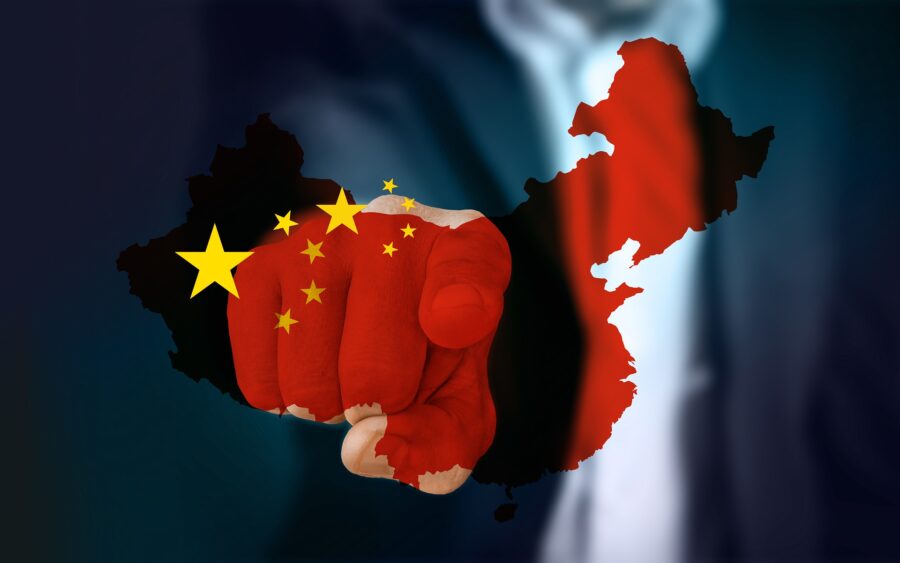
Meanwhile, China is growing anxious over the widening AI gap with the US, as highlighted by Zeng Yi of China Electronics Corporation during the Chinese People’s Political Consultative Conference. US sanctions, particularly on chip imports, challenge China’s technological advancement, prompting a push for domestic AI technology development.
Source: South China Morning Post












